Few public figures in Nigeria seem to have lived several professional lives in one lifetime. Abike Dabiri-Erewa is one of them, widely considered a broadcaster who became a lawmaker, then the face of Nigeria’s diaspora diplomacy, and now, newly robed in academia’s highest honour.
Last weekend, Afe Babalola University, Ado-Ekiti (ABUAD), conferred on her a Doctor of Letters (D.Litt.) Honoris Causa, a recognition that feels less like surprise and more like punctuation in a long sentence of service. The Ondo State government was quick to cheer, describing her as a “visionary leader” and “icon of integrity.” Even her critics would find it hard to dispute her persistence.
At 63, Dabiri-Erewa has spent nearly five decades in the public eye. For 15 years, she anchored Newsline on NTA, becoming one of the most familiar faces on Sunday television. Then she traded the newsroom for the National Assembly, where she represented Ikorodu for three consecutive terms. She sponsored bills on freedom of information, disability rights, and child health. Some passed, some stalled, all leaving her legislative fingerprints on issues larger than party lines.
Since 2018, she has chaired the Nigerians in Diaspora Commission (NiDCOM), a post that usually feels like an emotional switchboard for a restless global community. She has handled deportations, student crises, and calls for investment summits, all while defending Nigeria’s image abroad. It is, perhaps, the most difficult kind of diplomacy: the kind that demands both empathy and endurance.
The new title, honorary as it is, comes at a time when public trust feels brittle and role models scarce. Dabiri-Erewa’s name has weathered its share of controversy, from a 2009 media bill many saw as restrictive, to more recent Twitter storms. Yet she continues to move, one steady inch at a time, through Nigeria’s fractious public space.
If every honour tells a story, this one tells of a woman who refused to fade with the studio lights



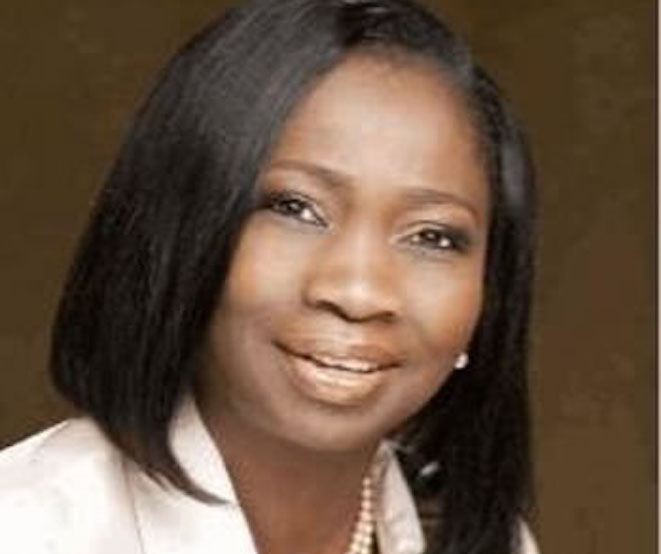

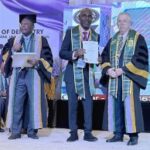
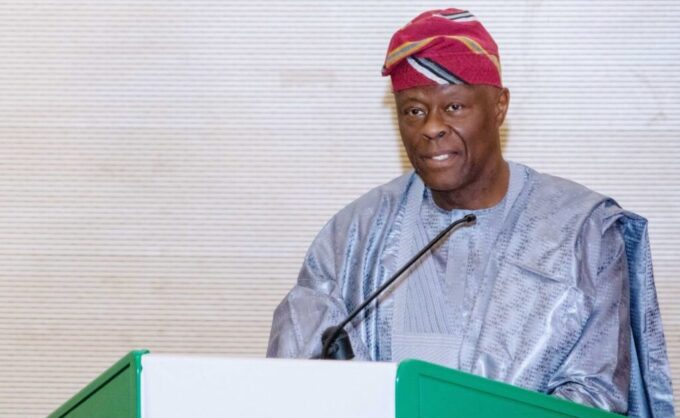

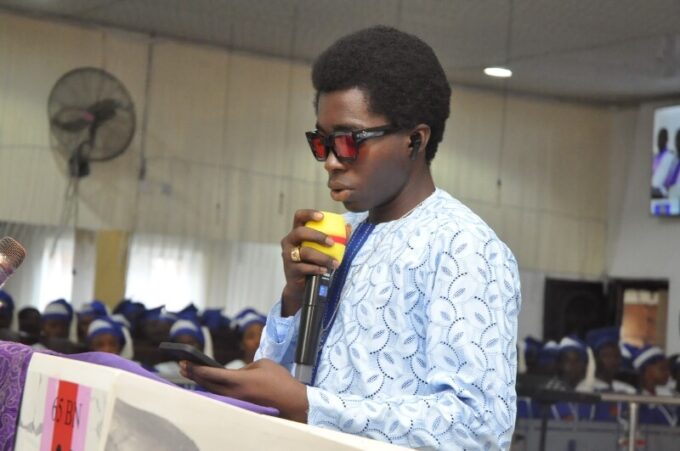


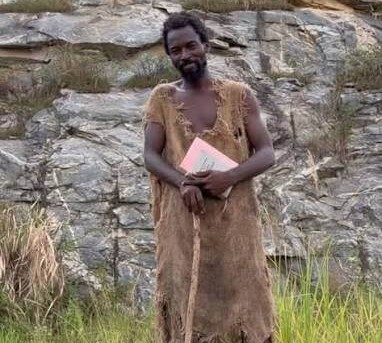


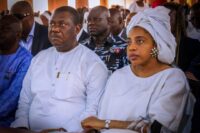


Leave a comment